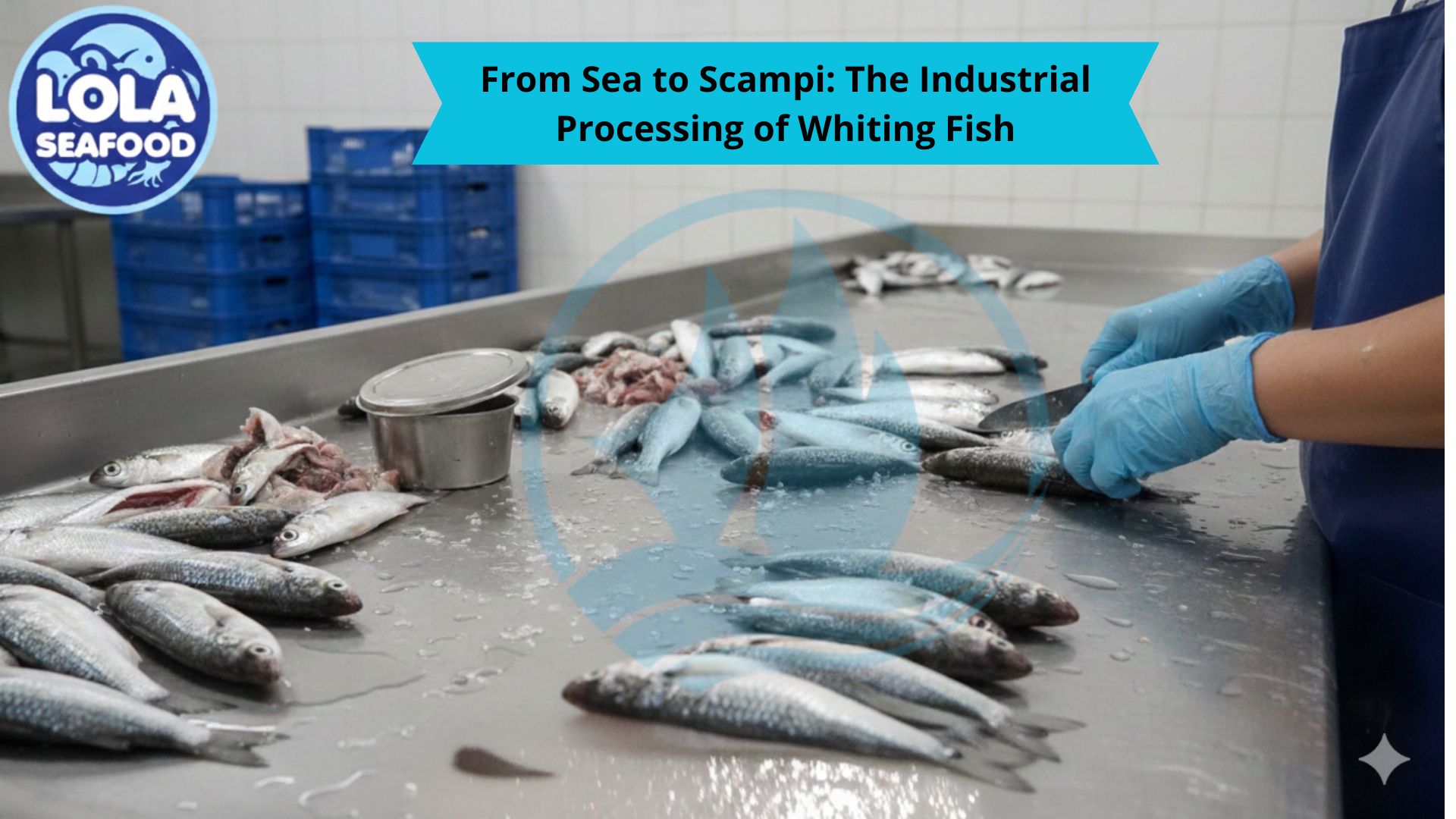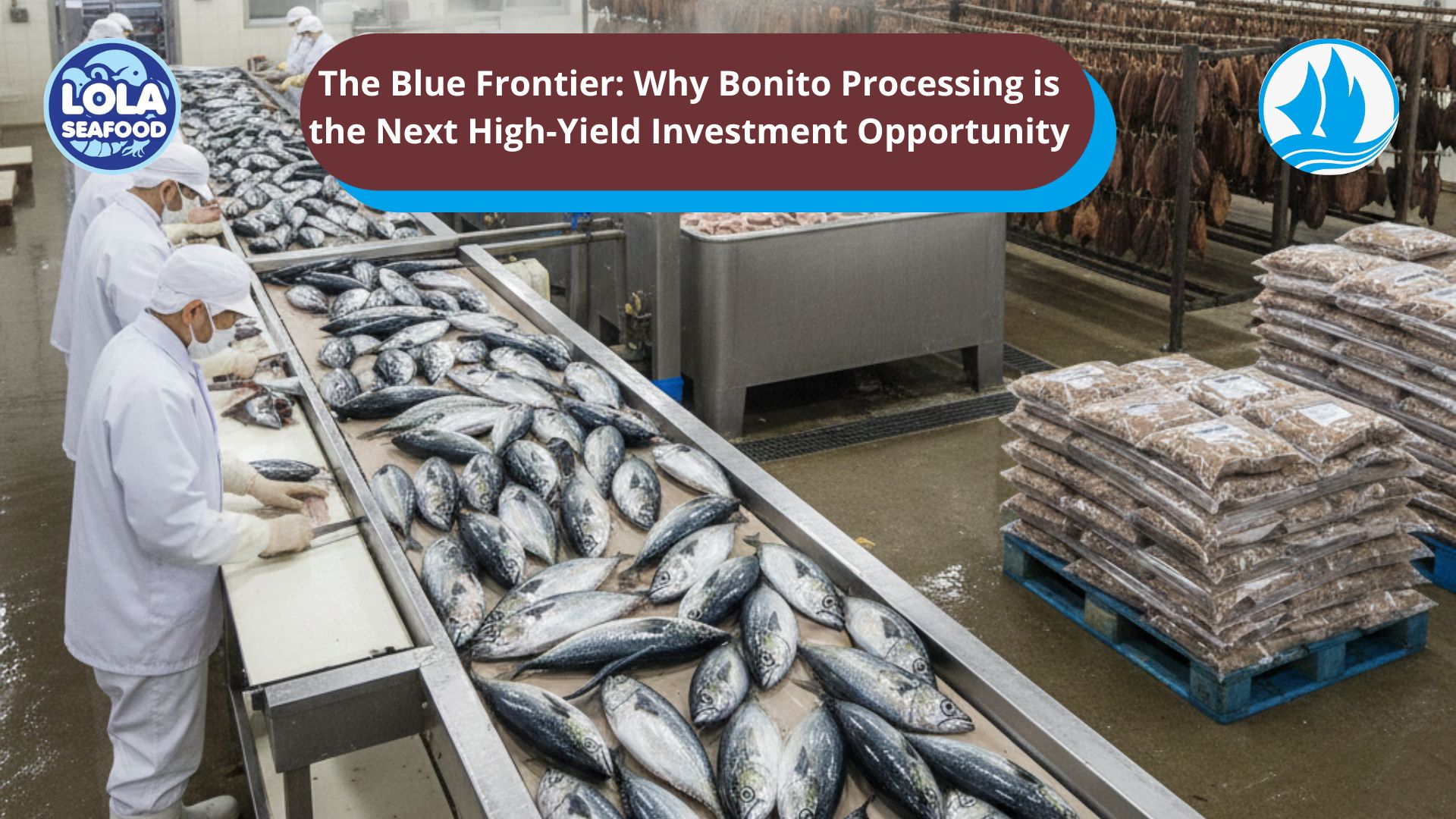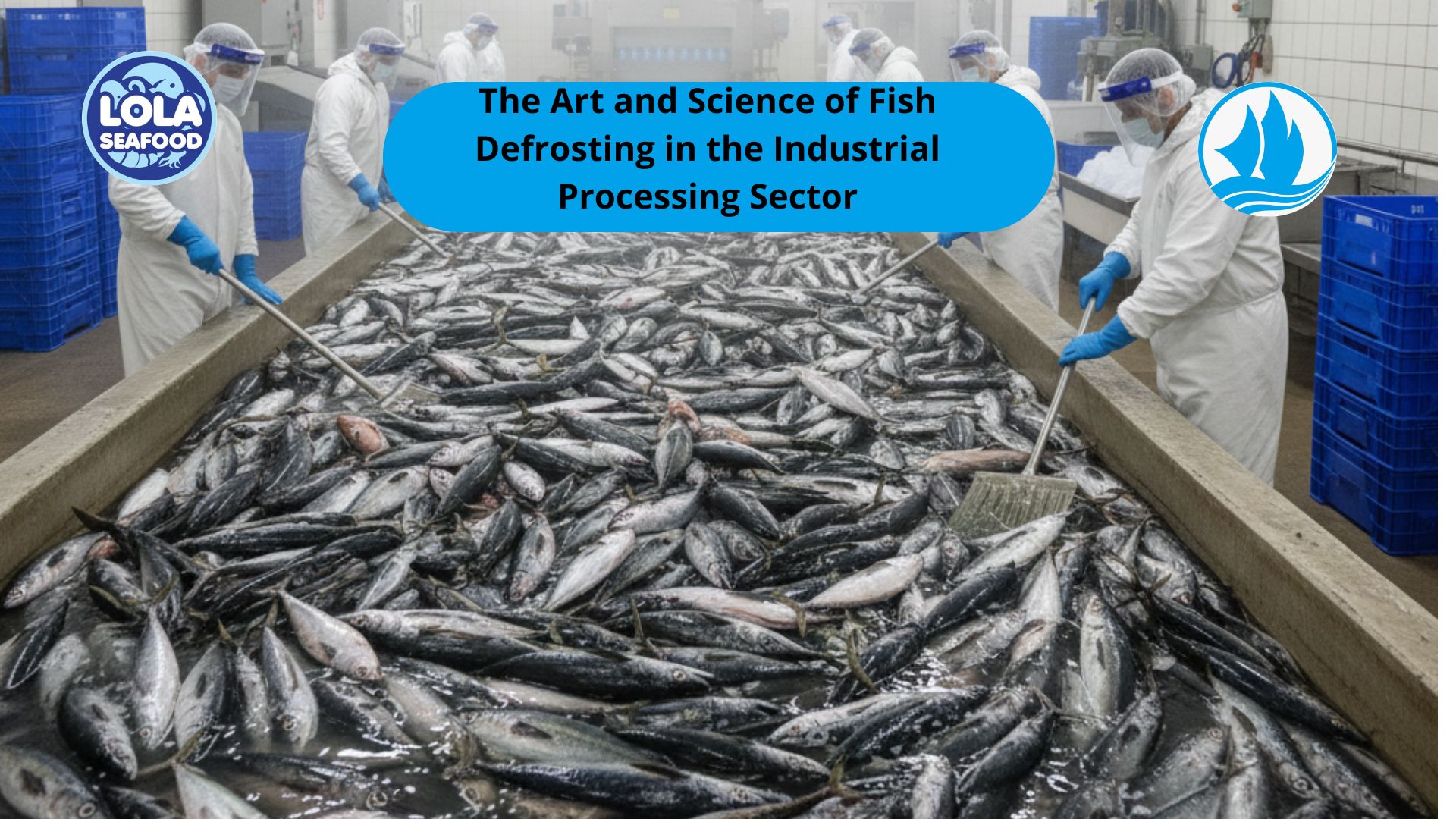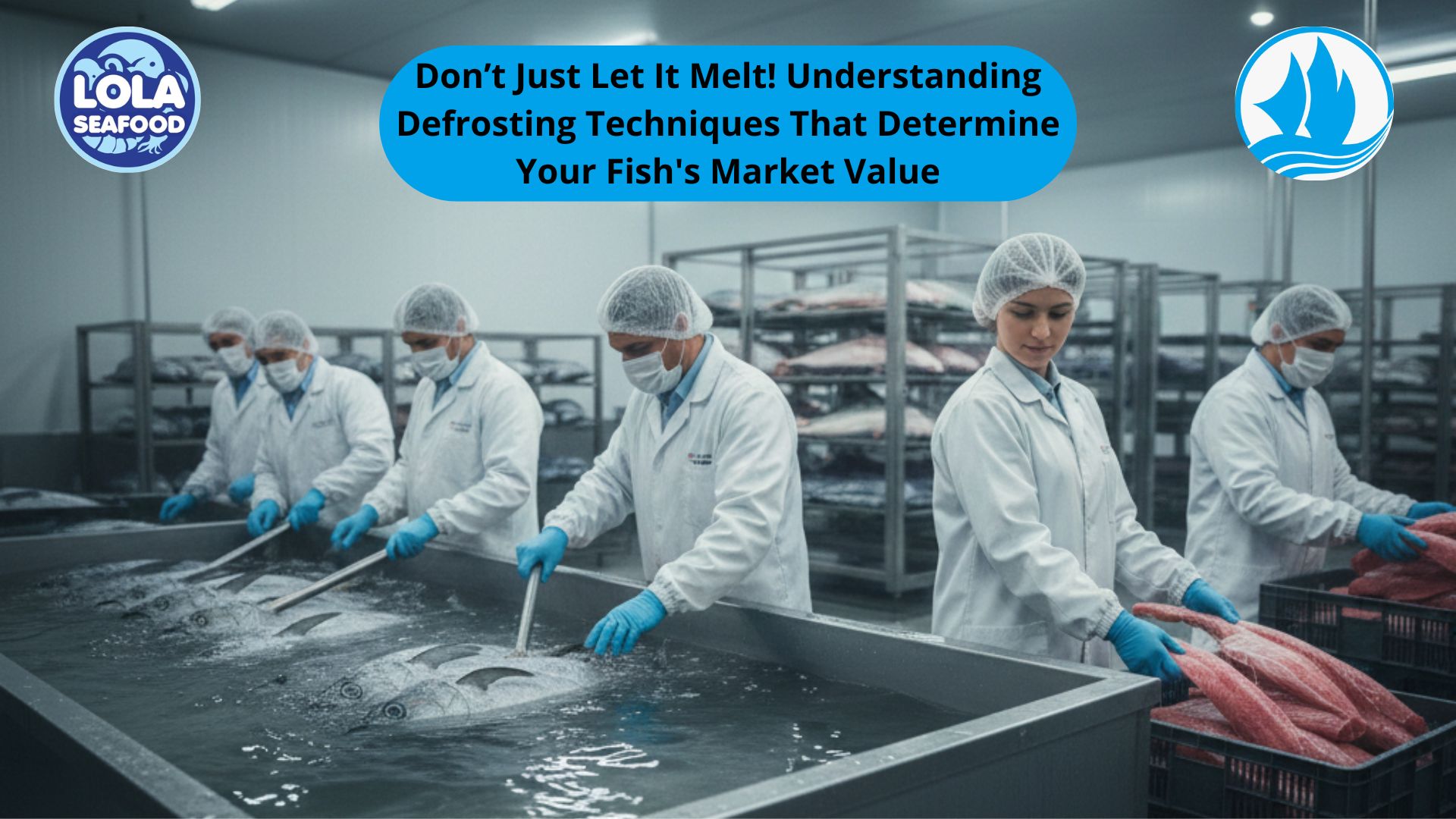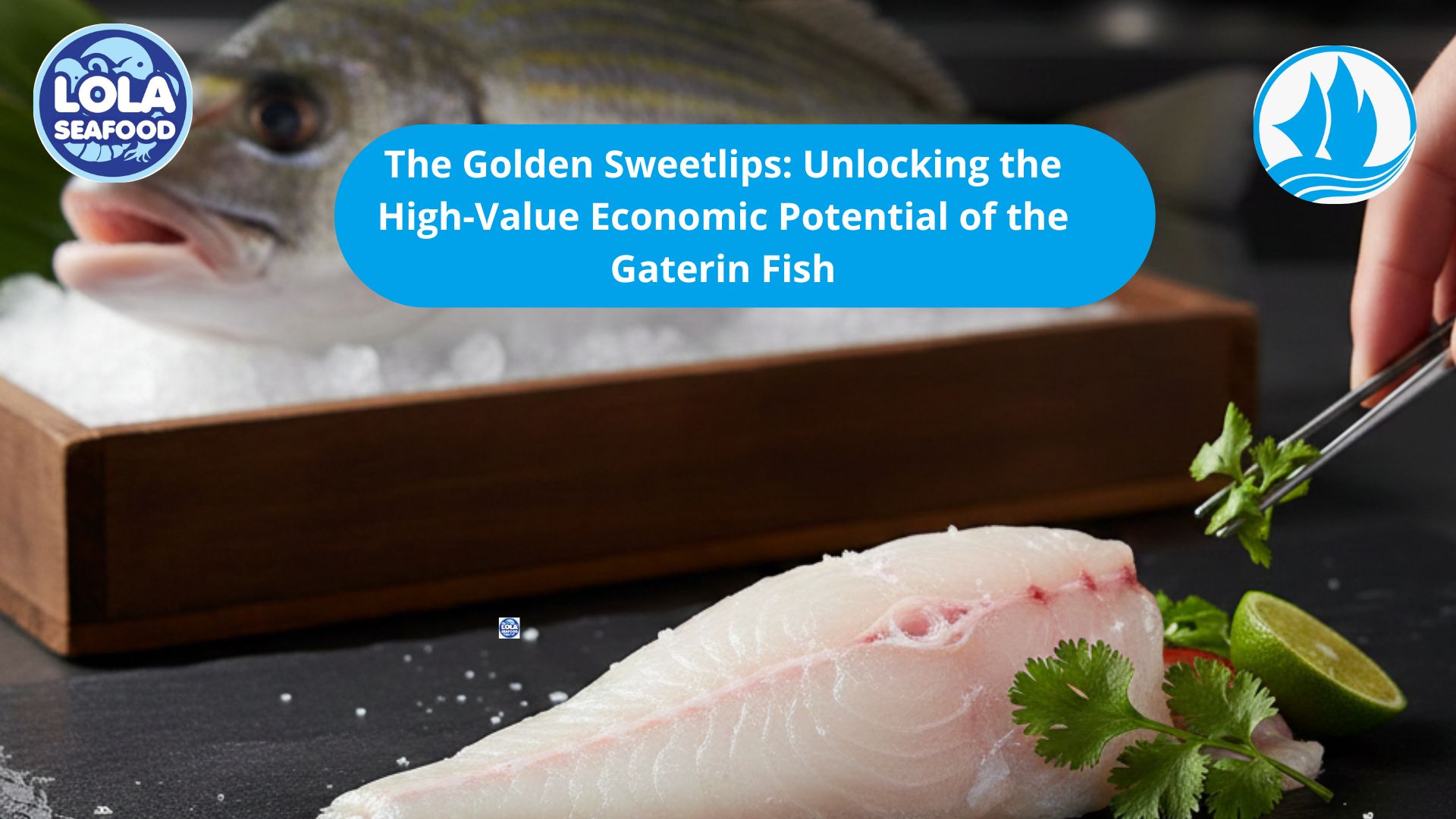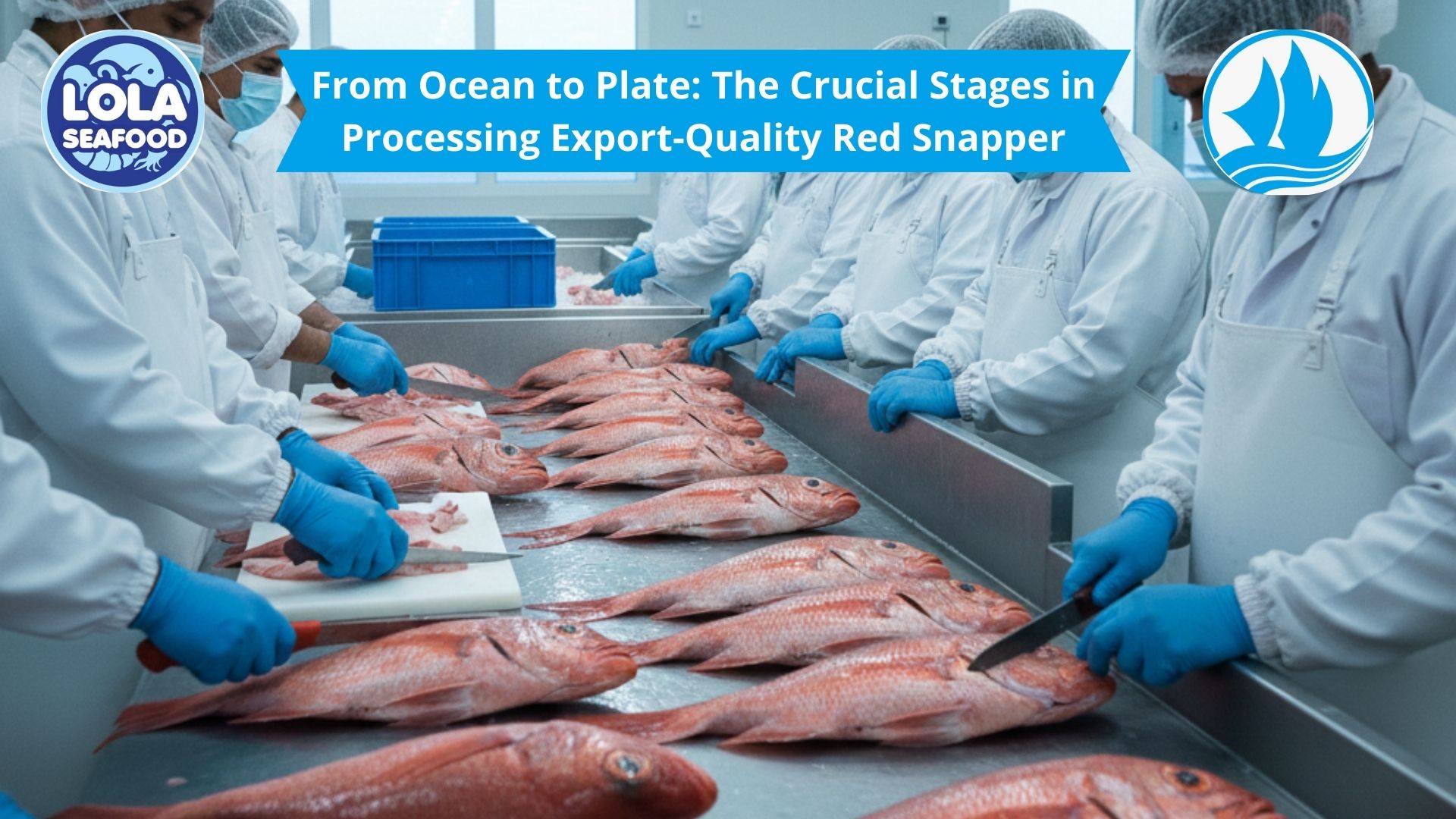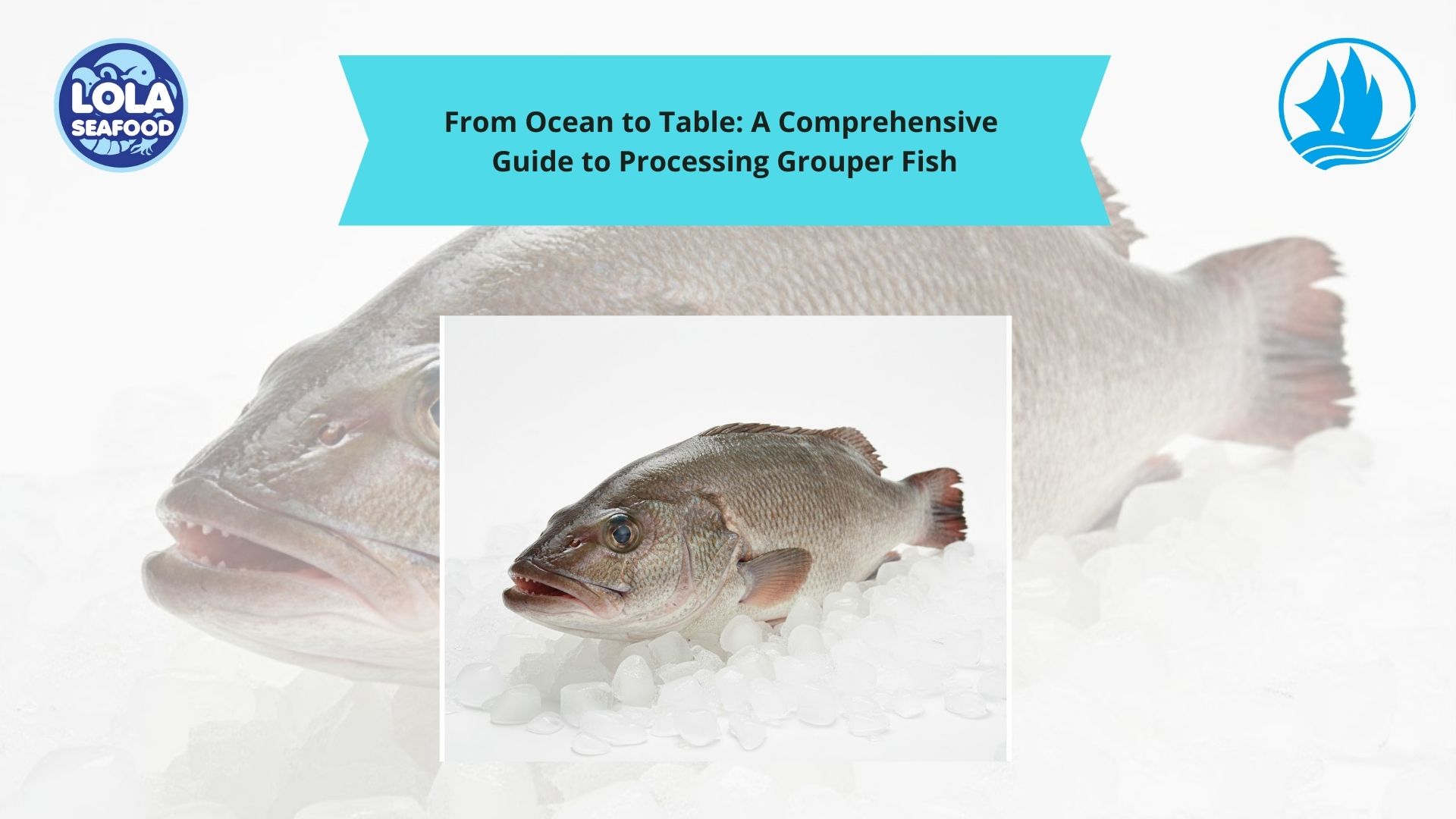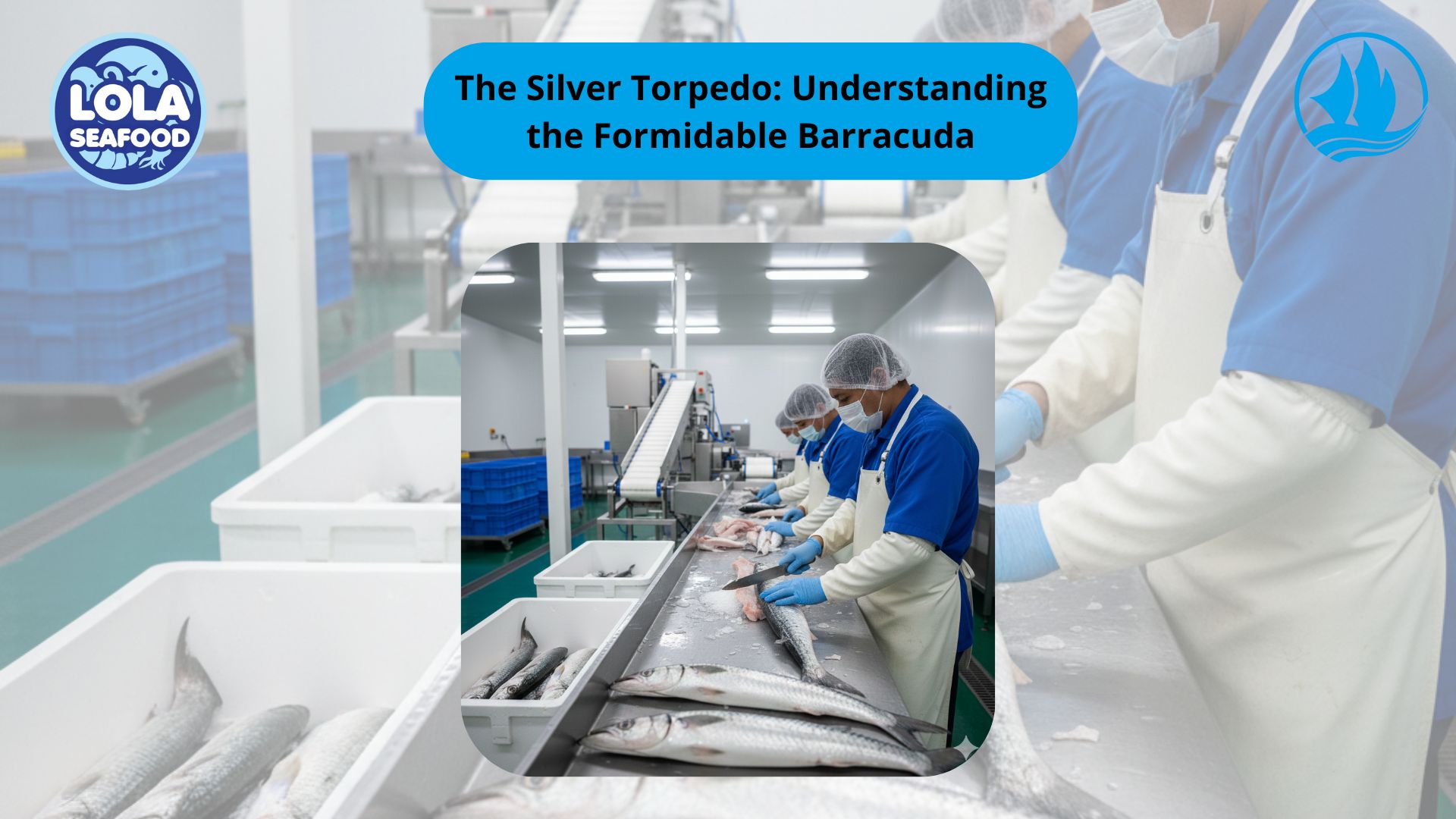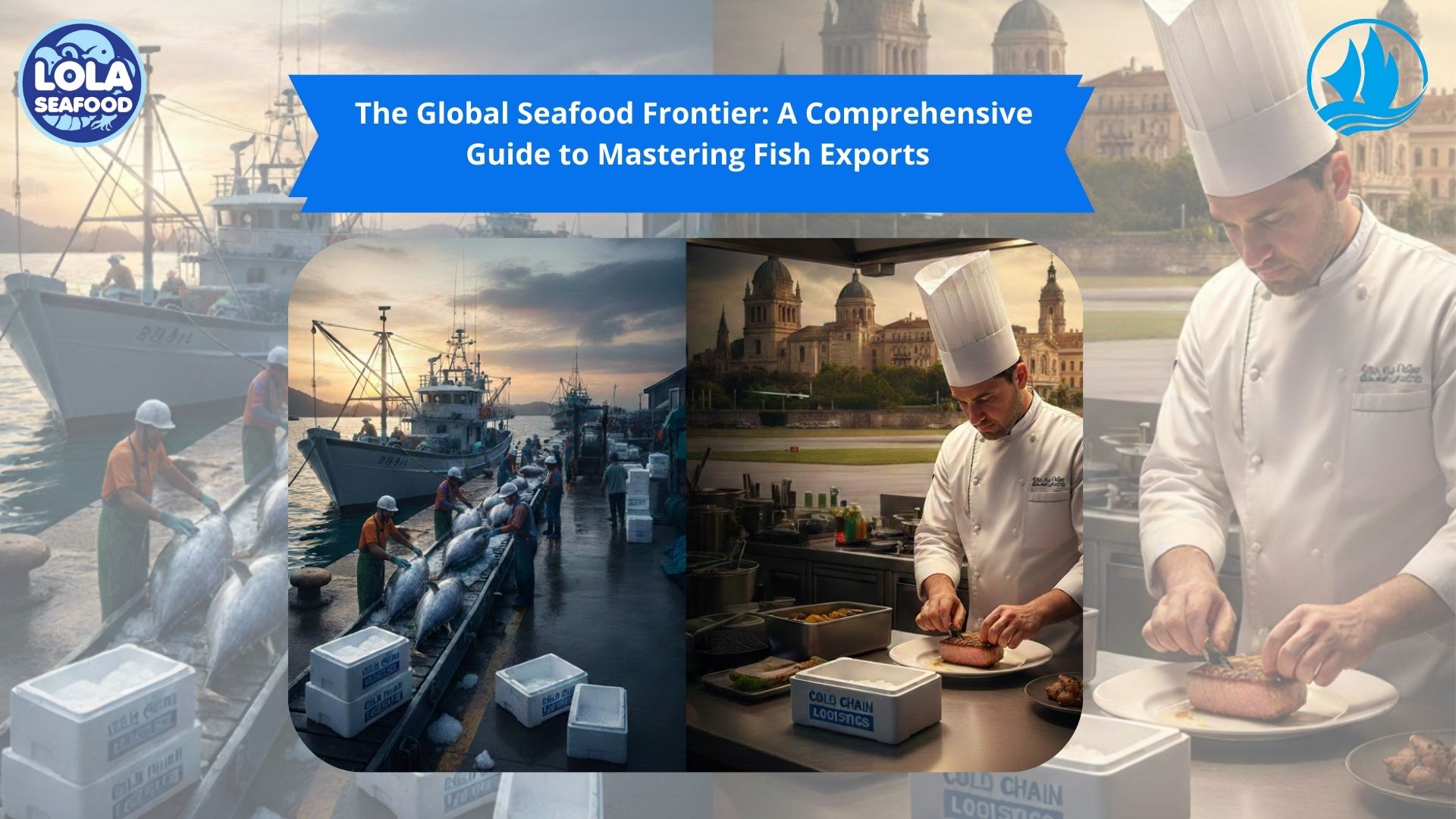The Importance of Cold Chain Management in the Seafood Processing Industry
By. Najih - 10 Sep 2024.jpg)
In the seafood processing industry, the effectiveness of cold chain management is crucial for ensuring product quality and safety. Cold chain management refers to the process of maintaining a product within a specified temperature range from the point of origin to the consumer. For seafood, this involves a series of temperature-controlled steps including harvesting, processing, storage, and transportation.
Cold Chain Management is Important because of Seafood is highly perishable and sensitive to temperature changes. Proper cold chain management helps in maintaining the freshness and extending the shelf life of seafood products. If the temperature fluctuates or if seafood is exposed to warmth, it can lead to rapid spoilage and potential foodborne illnesses. For instance, maintaining a consistent temperature below 4°C (39°F) is essential to inhibit bacterial growth and prevent degradation.
Key Aspects of Cold Chain Management
1. Harvesting and Processing
The journey of seafood begins with harvesting, where immediate cooling is necessary to preserve the quality. Processing facilities must implement rapid cooling techniques and ensure that the seafood is stored in temperature-controlled environments.
2. Storage
Seafood should be stored in cold storage facilities that are specifically designed to keep products at optimal temperatures. This prevents microbial growth and preserves the texture and taste of the seafood.
3. Transportation
During transportation, maintaining the cold chain is vital. Vehicles and containers used for transporting seafood should be equipped with refrigeration systems to ensure that the seafood remains at the correct temperature throughout the journey.
4. Monitoring and Documentation
Real-time monitoring systems can track the temperature of seafood throughout its journey. Proper documentation and records help in tracking any deviations from the set temperature ranges and facilitate timely interventions if necessary.
Benefits of Effective Cold Chain Management :
1. Quality Assurance
Consistent temperature control helps in maintaining the taste, texture, and overall quality of seafood. This is essential for consumer satisfaction and brand reputation.
2, Safety
By preventing spoilage and reducing the risk of contamination, effective cold chain management safeguards consumer health and complies with food safety regulations.
3. Reduced Waste
Proper cold chain management minimizes spoilage and waste, which is both economically beneficial and environmentally responsible.
4. Regulatory Compliance
Adhering to cold chain practices helps in meeting industry regulations and standards, avoiding potential legal issues.
